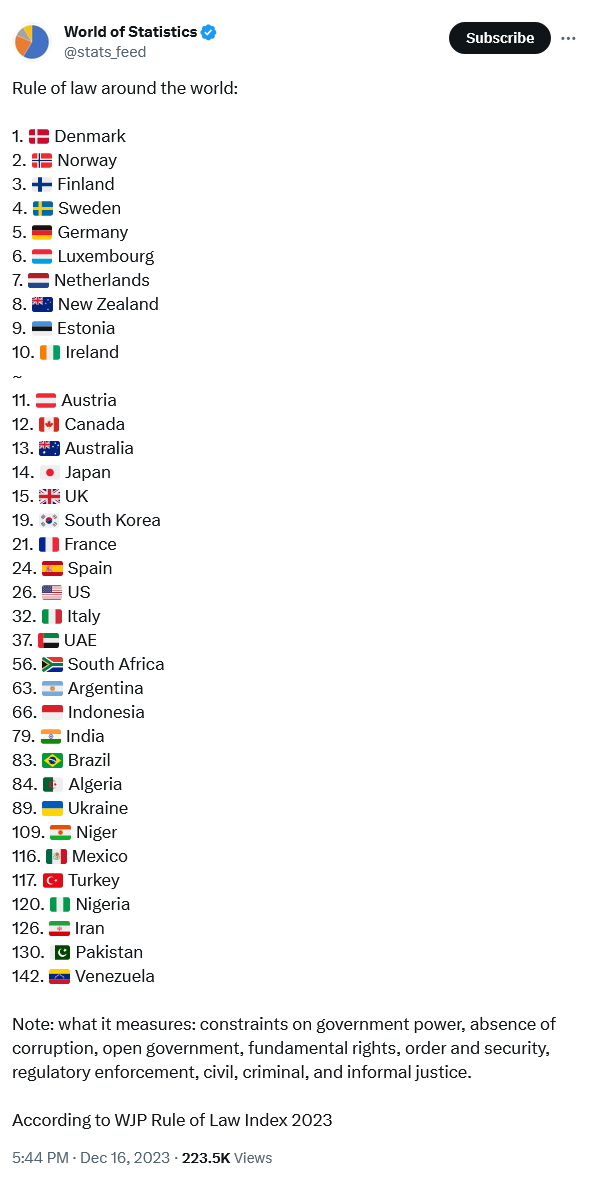#PakistanEconomy #IMFReview #PowerSectorDebt #EconomicCrisis
Power Sector Debt Soars to Rs2.54 Trillion: An Alarming Reality
In a country grappling with an ongoing power crisis and economic challenges, Pakistan's power sector debt has reached a staggering Rs2.54 trillion by the end of September. Despite recent hikes in electricity prices, this financial turmoil is far from over. This blog post delves into the details of this crisis and the IMF's critical review, which signals potential delays in energy deals and debt reduction measures.
The IMF Review
The Ministry of Finance recently conducted a review of Pakistan's $3 billion Stand-By Arrangement with the International Monetary Fund. The verdict was somewhat satisfactory, but it revealed alarming concerns. The delay in reopening and finalizing energy deals with Chinese power plants has set off warning bells. These agreements play a vital role in addressing Pakistan's energy needs and, in turn, the circular debt crisis.
Crisis Within the IMF Agreement
Pakistan had committed to consolidating all government funds into a single account maintained with the central bank by the end of October. Unfortunately, delays in this process have been observed. Moreover, an additional Rs227 billion were added to the power sector circular debt over the past three months, pushing the total debt stock to Rs2.537 trillion. The situation is dire.
Positive Signs Amidst the Chaos
Under the revised circular debt management plan, the ceiling for an increase in circular debt was set at Rs292 billion for the first quarter. Astonishingly, the Ministry of Energy has outperformed these expectations, offering a glimmer of hope. They anticipate that the overall circular debt level will decrease in the coming months.
Partial Subsidies and Tariff Hikes
While the Ministry of Finance released Rs70 billion in subsidies to partially offset the circular debt, it was disbursed in the first week of October. This led to the Ministry of Finance reporting only Rs2.5 billion in spending on subsidies during the first quarter, as they delayed payments to manipulate the financial figures. Moreover, the government has increased power tariffs to Rs8 per unit, and further price increases are in the pipeline. Quarterly tariff adjustments of Rs3.3 per unit are set to be implemented, maintaining high prices despite lower consumption during winter.
The IMF's Influence
An IMF mission is set to review Pakistan's performance for the July-September quarter, commencing from November 2. Successful completion of this review is pivotal for the approval of a $710 million loan tranche by the IMF executive board in December. The IMF has imposed various conditions in critical budget areas, some time-bound and others to be implemented throughout the fiscal year.
Challenges in Subsidy Withdrawal and Energy Deals
The government is working on withdrawing subsidies for agriculture tube wells used by large agricultural users. Unfortunately, field surveys in the provinces have been delayed. It is expected that the subsidy withdrawal plan will be submitted to the cabinet by the end of this year, with implementation targeted for June next year.
Regarding the renegotiation of power purchase agreements with Chinese power plants, the Chinese operators have refused to reopen these deals. This has created a new challenge, and the government is exploring alternative strategies to address this issue.
Meeting IMF Conditions
The Ministry of Finance has met several critical IMF conditions, including the restriction of sovereign guarantees to Rs4 trillion. Guarantees have been reduced to Rs3.85 trillion following the retirement of a loan by the Pakistan Atomic Energy Commission.
The Finance Ministry is confident in its ability to meet the condition of implementing the second phase of the treasury single account by the end of this month. However, some entities still remain outside its purview.
During the first quarter of this fiscal year, the Ministry of Finance demonstrated strong performance. Unlike the previous fiscal year, no new supplementary grants were issued during the first quarter, meeting another vital IMF condition.
The government has also revoked the permission to directly borrow from commercial banks without floating treasury bills, addressing a previously highlighted issue.
Education and Health Spending
The four provincial governments have met the conditions for ensuring Rs465 billion in spending on health and education during the first quarter. Actual spending exceeded this requirement, totaling Rs482 billion.
Tax Collection and Amnesty Schemes
The IMF has placed a condition on the Federal Board of Revenue (FBR) to share details of asset declarations of civil servants with commercial banks for customer due diligence. So far, various commercial banks have raised observations in 15 cases.
The FBR has met the condition to collect Rs1.98 trillion in taxes during the first quarter of this fiscal year. It has also achieved the target of adding only Rs32 billion to sales tax refunds during the first quarter, staying within the target of restricting refunds to Rs247 billion.
Importantly, the FBR has not issued any new tax amnesty schemes or new tax exemptions during the first quarter, meeting two important structural benchmarks set by the IMF.
In conclusion, Pakistan's power sector debt crisis is a pressing concern that demands immediate attention. The IMF review highlights the challenges the country faces in managing its financial obligations and economic stability. It's a stark reminder that the road ahead is tough, but with strategic planning and commitment, there's hope for a brighter economic future.












